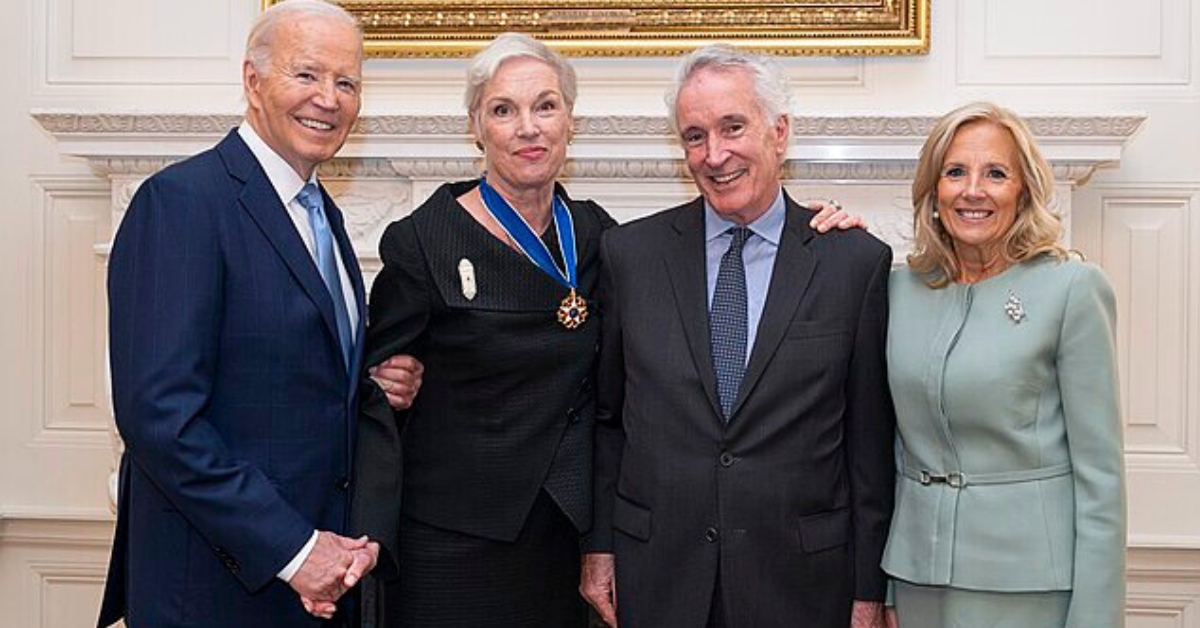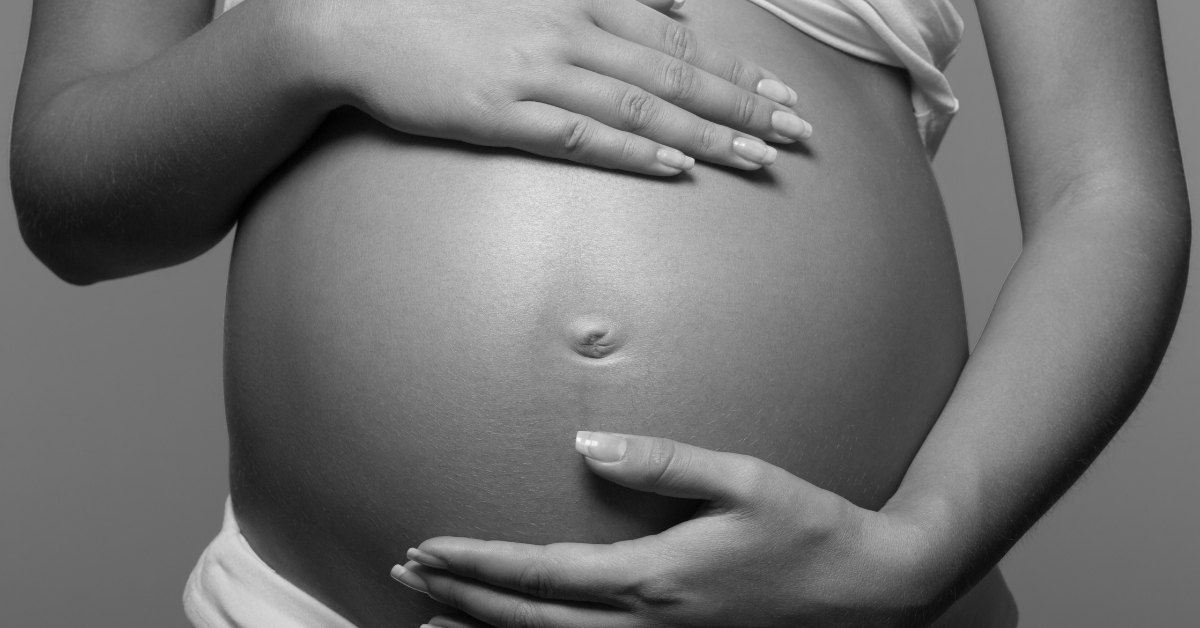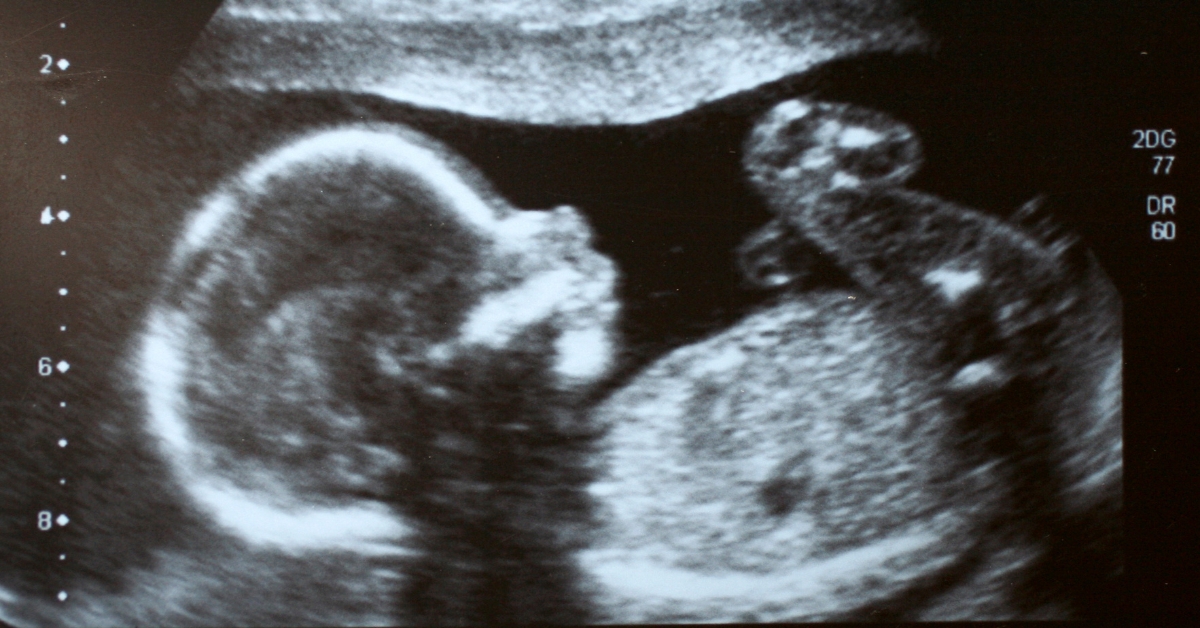
Left-Wing Billionaires, ACLU Fund Pro-Abortion Ballot Measure in Ohio
In Ohio, a contentious battle is brewing over a proposed abortion law known as Issue 1. This proposed law, if enacted, would dramatically expand abortion rights in the state, allowing for abortions up to the day of birth. It challenges the limits set by the famous Roe v. Wade ruling, which established the framework for abortion regulations in the United States. This move to expand abortion access in Ohio has raised concerns and sparked a fierce debate among the state’s residents and politicians.
The political landscape in Ohio plays a significant role in this issue. The state is considered to be a Republican stronghold, having voted for the re-election of former President Donald Trump by a margin of eight points in 2020. Given its history, Ohio may seem like an unlikely target for pro-abortion activists. However, what makes this campaign unique and particularly concerning is the substantial influx of “dark money” from out-of-state sources.
Various leftist groups and mega-donors have poured a significant amount of money into the campaign supporting Issue 1. These funds come from outside Ohio and are typically channeled through so-called “dark money” organizations, which are not required to disclose their donors. One such group is the Sixteen Thirty Fund, which has contributed $1.3 million to the campaign. This fund is the largest lobbying arm of a vast “dark money” network run by Arabella Advisors. This network is notorious for investing heavily in election campaigns to advance a liberal agenda. In the 2020 election cycle, it spent more than twice the combined budgets of the Republican National Committee (RNC) and the Democratic National Committee (DNC).
The American Civil Liberties Union (ACLU), a well-known litigation group, has also joined the fray. It has provided $2.3 million to support Issue 1. Likewise, billionaire philanthropist George Soros has contributed $500,000 through his advocacy group, the Open Society Policy Center. Planned Parenthood, the nation’s largest abortion provider, has funneled $1.8 million into the campaign to establish radical abortion rights in Ohio. Mega-donor Lynn Schusterman, a billionaire with a background in oil and gas, has backed the campaign with $1 million. Even Illinois Governor J.B. Pritzker, part of the wealthy Pritzker family, contributed $250,000 to the campaign and initiated his own pro-abortion group, Think Big America, with plans to fund similar ballot measures in other states.
What’s glaringly absent from this campaign is substantial local support within Ohio. If Issue 1 were to pass, it would likely be due to the influence of the substantial “dark money” coming from external sources. As the election day approaches, Ohioans face an important decision about the future of abortion rights in their state. While the political landscape might suggest otherwise, the reality is that Ohio has become an abortion battleground largely due to an influx of external funds and interests, testing the state’s political and ideological divisions.
In early October, Ohio began its early voting period, with the election scheduled for November 7. Voters in Ohio have a crucial decision to make – whether to support or oppose Issue 1 and, in doing so, shape the future of abortion access in their state. It is crucial for pro-life voters to show up in droves and vote this extreme ballot measure down.














